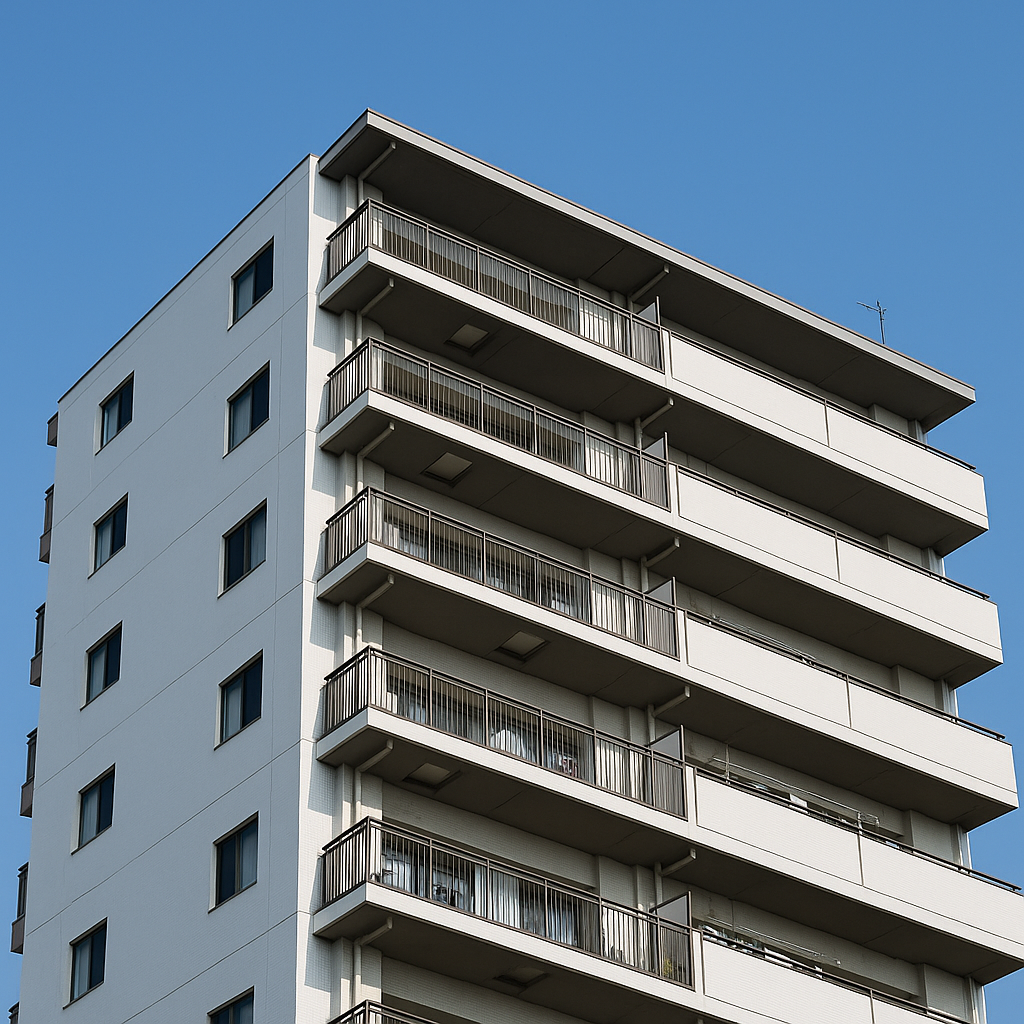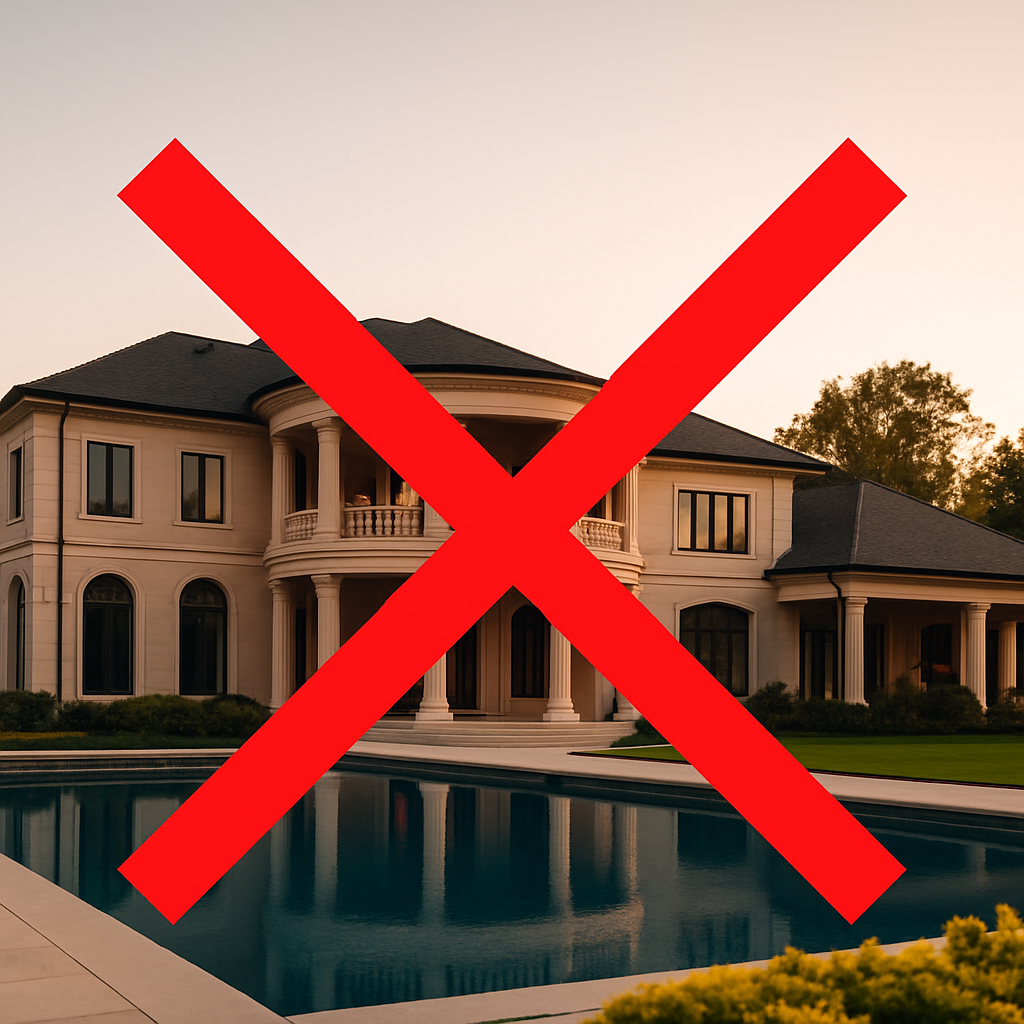When you hear the word “mansion”, you might imagine a huge luxury house with a swimming pool and a big garden. In English, that’s exactly what it means.
But in Japan, “mansion” means something completely different—and if you expect Beverly Hills, you may be surprised when you arrive in Tokyo.
What “Mansion” Means in Japan

In Japan, the word “mansion” doesn’t refer to a luxurious villa or a sprawling estate.
Instead, it means a condominium-style apartment building, usually made of reinforced concrete.
These buildings can range from mid-rise complexes to high-rise towers in major cities.
The term is used to distinguish them from “apāto,” which usually refers to smaller, wooden apartment houses.
In Japan, “Mansion” Means an Apartment
When people in Japan say they live in a mansion, they don’t mean a huge villa with a private pool and a dozen rooms.
In Japanese, manshon usually refers to a modern apartment building, often made of reinforced concrete and equipped with secure entrances, balconies, and elevators.
It’s the word commonly used for condominiums or mid- to high-rise apartment complexes in urban areas.
For many foreigners, this can be confusing at first—hearing “mansion” might create an image of a Hollywood celebrity’s estate.
But in Japan, it’s just a regular home for middle-class families, young couples, or even singles living in the city.
A Funny Misunderstanding
When asked about their home, a Japanese person might proudly say, “I live in a mansion.”
Hearing this, an American friend could easily imagine a luxurious estate and ask, “Wow, does it have a swimming pool?”
The Japanese person might reply, “Yes, there’s one nearby,” actually referring to the local public pool.
This kind of small misunderstanding often leads to laughter, but it clearly shows how different the meaning of “mansion” is between English and Japanese.
Other Words That Can Be Confusing
“Mansion” is not the only Japanese-English word that can cause misunderstandings. Here are a few more examples:
- “Apartment” (アパート) → In Japan, it usually means a small, wooden apartment building. In English, it’s just a general flat or unit.
- “Consent” (コンセント) → In Japan, this means an electrical outlet. In English, it means “permission.”
- “Juice” (ジュース) → In Japan, it refers to almost any soft drink. In English, “juice” usually means a drink made from fruit.
- “Salaryman” (サラリーマン) → A Japanese office worker. In English, this word doesn’t really exist.
These false friends can lead to funny situations, so it’s helpful to be aware of them when living or traveling in Japan.
Conclusion
The word “mansion” is a perfect example of how English words can take on very different meanings in Japan.
While in English it describes a luxurious estate, in Japan it simply means an apartment or condominium.
This difference often leads to funny misunderstandings—like friends imagining swimming pools and gardens when you only meant a small apartment near the station.
And “mansion” is not alone; words like consent, juice, and salaryman also have their own unique Japanese meanings.
So next time you describe your home in English, just say “apartment” or “condo.”
It will save you from sounding like you live in a Hollywood movie set!

